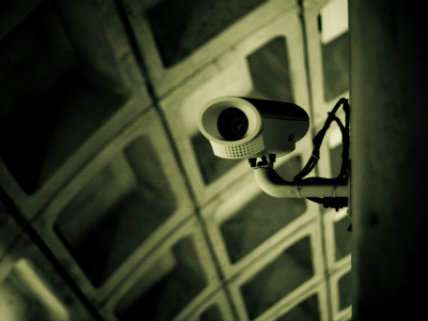Patrick Eddington on Why Digital Dragnets Don't Keep Us Safe
No, mass surveillance won't stop terrorist attacks.

The recent terrorist attack on the office of French satirical magazine Charlie Hebdo generated a now-familiar meme: Another terrorist attack means we need more surveillance.
Sen. Lindsey Graham (R-S.C.) spoke of his "fear" that "our intelligence capabilities, those designed to prevent such an attack from taking place on our shores, are quickly eroding," adding that the government surveillance "designed to prevent these types of attacks from occurring is under siege." A recent poll demonstrates that Graham's sentiments are widely shared in the wake of the attack.
But would more mass surveillance have prevented the assault on the Charlie Hebdo office? Events from 9/11 to the present help provide the answer, and that answer is a resounding "no," writes Cato Institute Policy Analyst Patrick Eddington. The quest to "collect it all," to borrow a phrase from NSA Director Keith Alexander, only leads to the accumulation of masses of useless information, making it harder to find real threats and costing billions to store. The continued use of mass surveillance is a virtual guarantee of more lethal intelligence failures.


Show Comments (0)